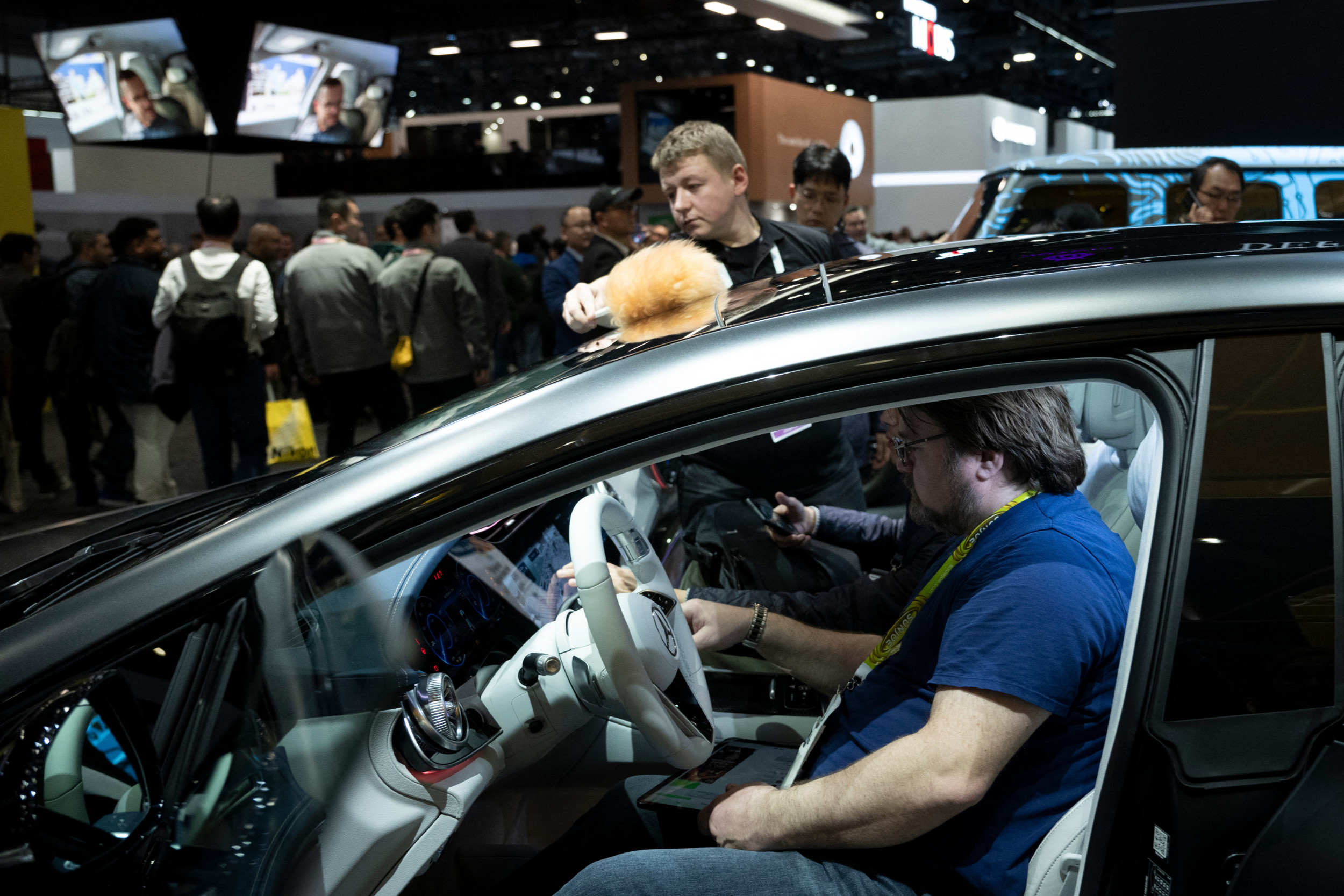But as things stand, cars are still really expensive for many Americans. Just 10 percent of new car listings are currently priced below $30,000, according to CoPilot. Things are not much better in the used car market, where only 28 percent of listings are currently priced below $20,000.
According to an October report by Market Watch, Americans needed an annual income of at least $100,000 to afford a car, at least if they’re following standard budgeting advice, which says you shouldn’t spend more than 10 percent of your monthly income on car-related expenses.
That means that more than 60 percent of American households currently cannot afford to buy a new car, based on Census data. For individuals, the numbers are even worse, with 82 percent of people below the $100,000 line.
$100k to afford a car! Wtf.



Will this lead to more transit investment or will it lead to a tax credit that can be used on a low-interest 30-year car loan for entrepreneurs of color in opportunity zones?
deleted by creator
You joke but some places already offer 96 month notes
deleted by creator
There actually is more transit investment in the US than there’s been in a long time but it’s about 5% of what it should be. The other 95% is tax credits.
Also, one of those “transit” investments is that stupid Vegas Tesla tunnel.
More transit investment for less transit results. The consultants are getting paid but nothing is getting built.
There’s a lot that can be said about the Biden adm. but one good thing is there is actually a push to expand passenger rail, which no other adm. has done in a very long time.
https://www.whitehouse.gov/briefing-room/statements-releases/2023/12/08/fact-sheet-president-biden-announces-billions-to-deliver-world-class-high-speed-rail-and-launch-new-passenger-rail-corridors-across-the-country/
Its not enough, but it’s better than it has been in the past.
Watch all of that funding go nowhere as the projects overrun like crazy and get cancelled.
Obama pushed for the same and fucking nothing got built. I s2g if you mention CAHSR…
Sure, but this is more than just pushing for it. It’s actual money being invested. That isn’t to say it’ll actually get anything done, but it is a small step in the right direction. There’s plenty of things to complain about, but the few good things should be celebrated as well.
Obama also got tons of money appropriated for rail. Here’s a sympathetic write-up from 2014: https://time.com/3100248/high-speed-rail-barack-obama/
Headline projects were CAHSR, Florida HSR, and Wisconsin HSR. Republican governors sent the money back in Wisconsin and Florida, and that got sent to CAHSR and Acela, mostly.
Some lowlights from projects mentioned in the article:
The money got spent, but not efficiently and not on anything new. The Obama admin’s obsession with spreading the money everywhere out of some awful instinct that it would get them Republican buy-in just resulted in terrible kneecapped projects. Hell, even some of the money that went to states that wanted it (California) mostly got wasted. CAHSR is terribly designed, terribly managed, terribly constructed, and terribly expensive. It has also probably done significant damage to the American political will for HSR.
deleted by creator